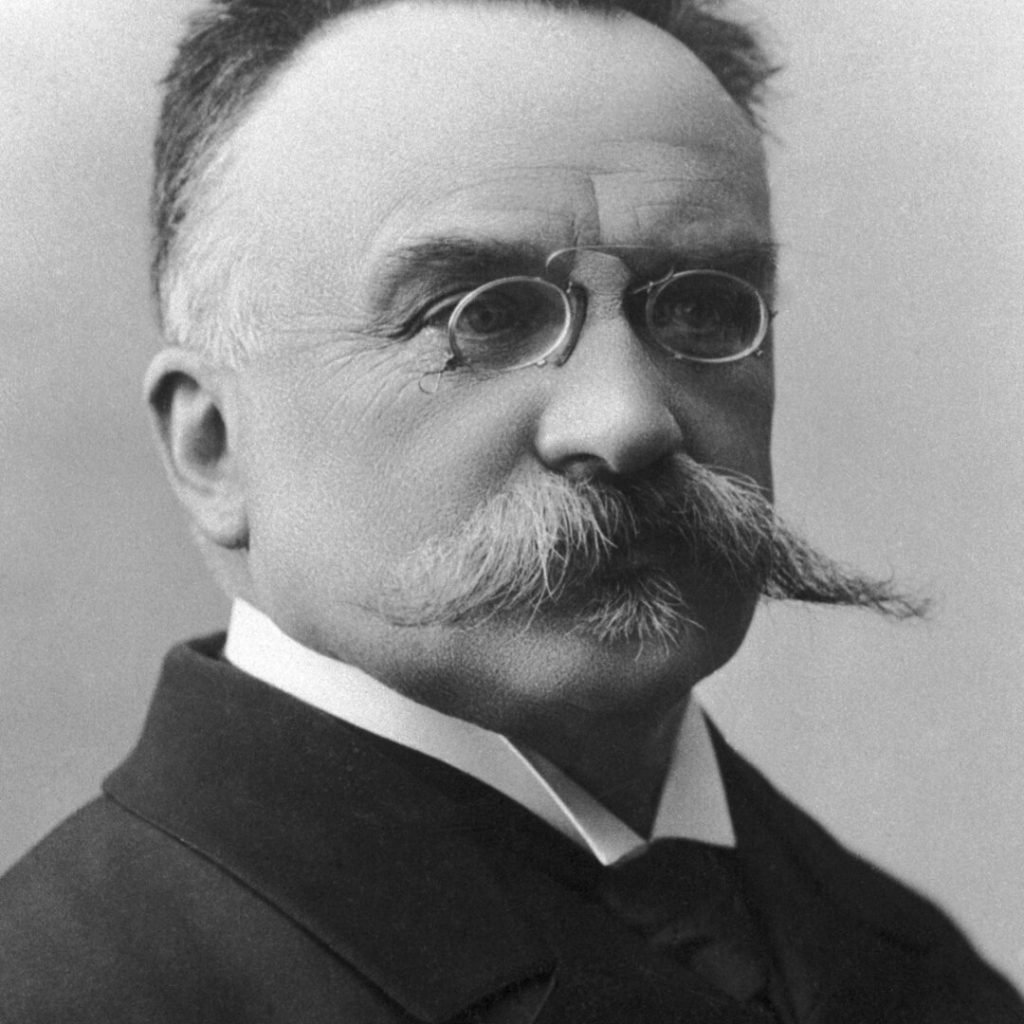Albert Gobat
Speed read
Charles Albert Gobat was awarded the Nobel Peace Prize for his remarkable administration of the Inter-Parliamentary Union. He shared the prize with Elie Ducommun.

Full name: Charles Albert Gobat
Born: 21 May 1843 in Tramelan, Switzerland
Died: 16 March 1914 in Bern, Switzerland
Date awarded: 10 December 1902
Interparliamentarian and organiser
Albert Gobat received the Nobel Peace Prize for bringing together parliamentarians from different countries for meetings and conferences. His involvement in international peace efforts grew out of his work as a national politician. Gobat participated actively in the Inter-Parliamentary Union from its inception in 1889. When the Inter-Parliamentary Bureau was established in Bern, he was selected as its secretary-general. Without remuneration, he organised the Union’s annual conferences, prepared agendas and drafted resolution proposals. When Élie Ducommun died in 1906, Gobat took over as secretary-general of the International Peace Bureau, providing leadership for both the inter-parliamentary and popular peace movements. Gobat still headed the International Peace Bureau when it was honoured with the Nobel Peace Prize in 1910.
"Today one thing is certain: thanks to the marvellous inventions and discoveries of our era, the human spirit has finally awakened a social order long dormant: the solidarity of nations."
Albert Gobat, Nobel Prize lecture, 18 July 1906.
| Inter-Parliamentary Union Founded in 1889 to bring together representatives from various national assemblies for annual debates. Headquartered in Geneva. Works for the peaceful resolution of conflict between nations. Addresses topics such as disarmament, environmental protection, gender equality and current world conflicts. |
A strong-willed politician
Educated as a lawyer, Gobat served on the Grand Council of Bern for 29 years and as superintendent of public instruction for the provincial government. He was often caricatured in the press due to his reputation for being stubborn and domineering. One political colleague wrote this of him: “Of all my colleagues on the Council of Bern, Gobat was the eldest. With his strong will, his hardheadedness and his argumentative approach, he was not a person who fit in well in a collegium. He knew no fear, and inevitably chose to do battle.”
"There has always been a governmental diplomatic service, and I am delighted to welcome some of its eminent representatives here. Dr. Gobat himself is in the service of a new type of diplomacy - parliamentary diplomacy. (…) He has already demonstrated that these two kinds of diplomatic service can and do exist in cordial cooperation."
Jørgen Løvland, Chairman of the Nobel Committee, Toast, 18 July 1906.
The Inter-Parliamentary Union – IPU
The IPU, which Albert Gobat worked so intensively for, still exists. Today it is the world’s only parliamentary assembly with a global membership. In 2010 it had 143 national assemblies as members. The IPU is directed by a conference attended by delegates from member states that convenes twice a year. The head office is in Genève. After the Second World War, the IPU has had a strong focus on promoting human rights as a foundation for parliamentary democracy.
(Source: Store norske leksikon)
Learn more
Charles Albert Gobat was born at Tramelan, Switzerland, the son of a Protestant pastor and the nephew of Samuel Gobat, a missionary who became bishop of Jerusalem ...
Disclaimer: Every effort has been made by the publisher to credit organisations and individuals with regard to the supply of photographs. Please notify the publishers regarding corrections.
Nobel Prizes and laureates
Six prizes were awarded for achievements that have conferred the greatest benefit to humankind. The 12 laureates' work and discoveries range from proteins' structures and machine learning to fighting for a world free of nuclear weapons.
See them all presented here.
